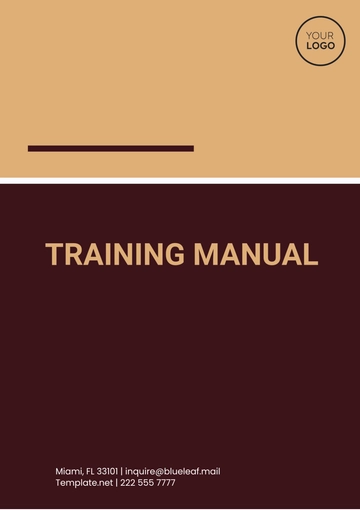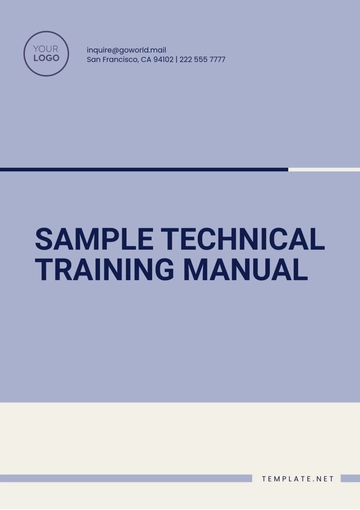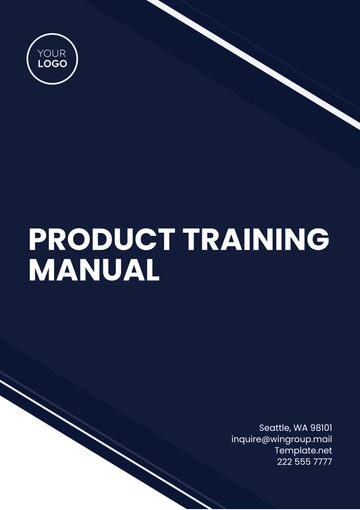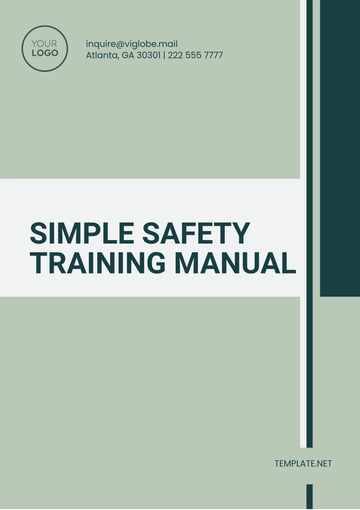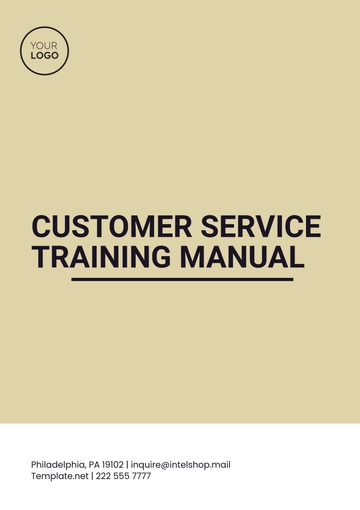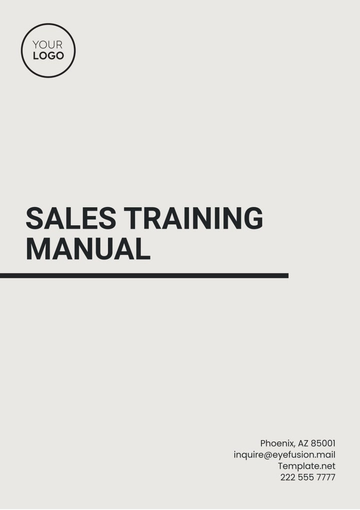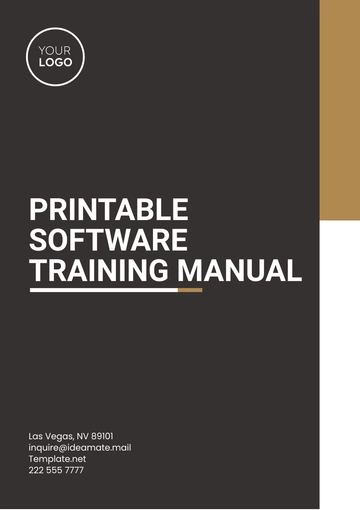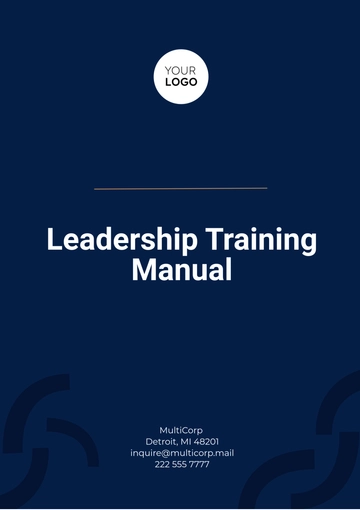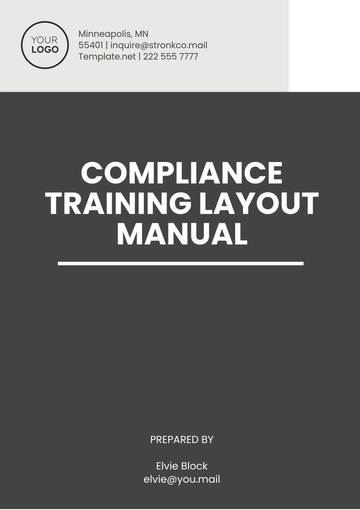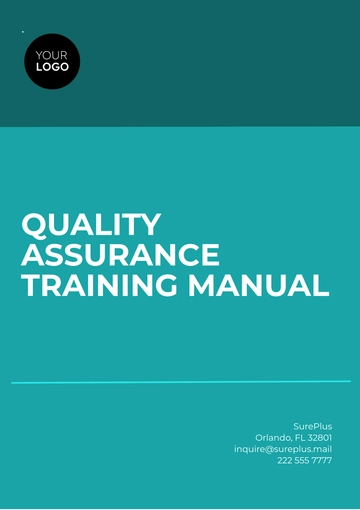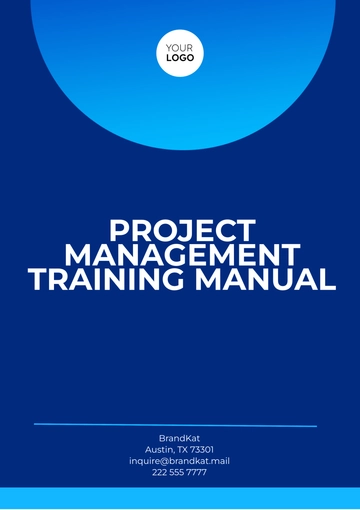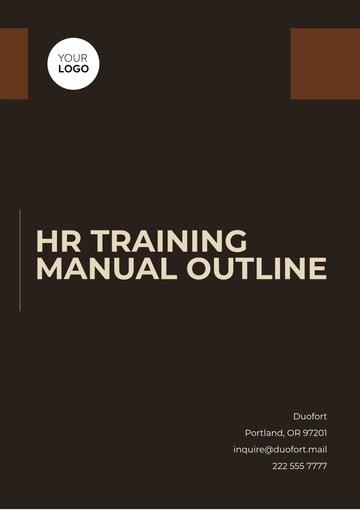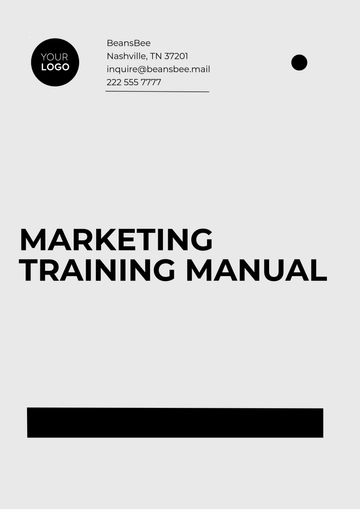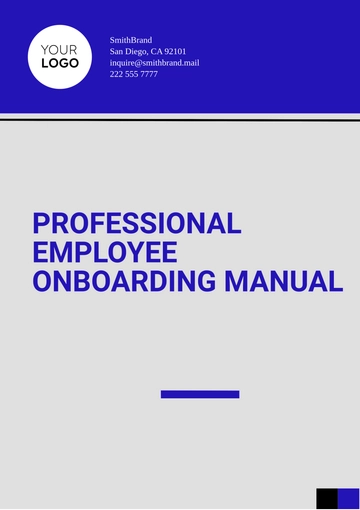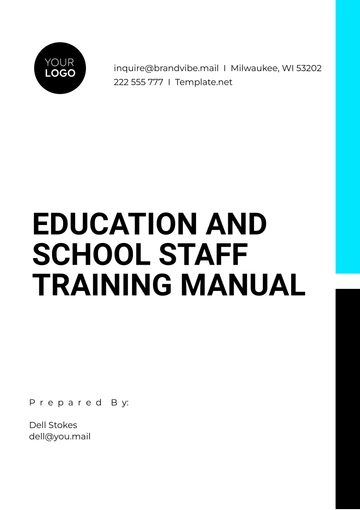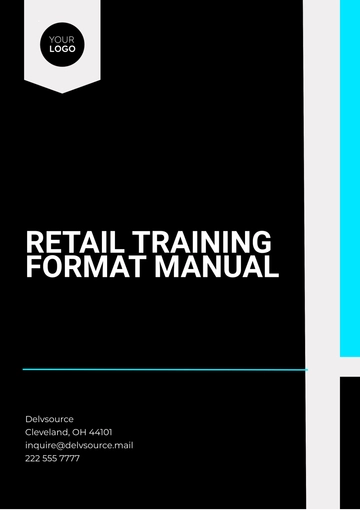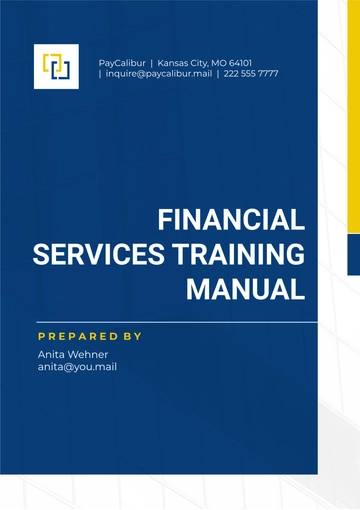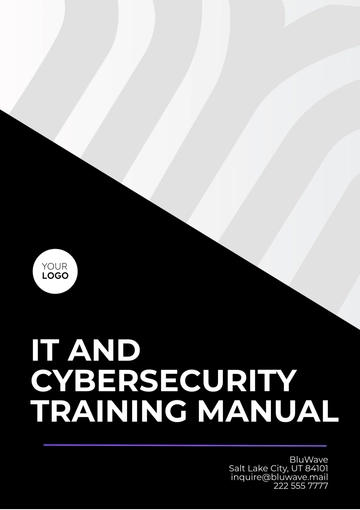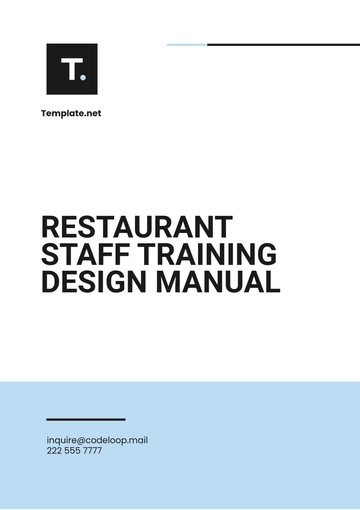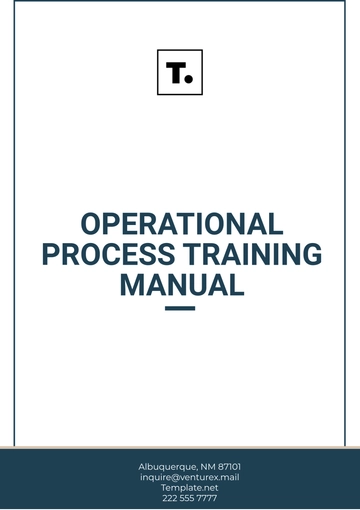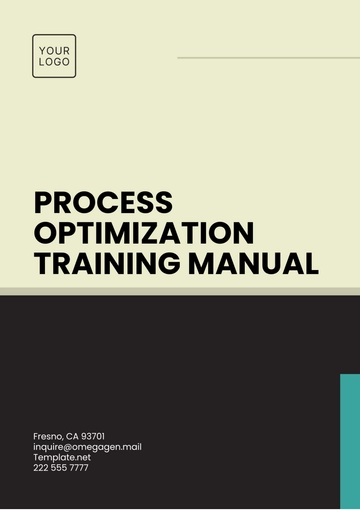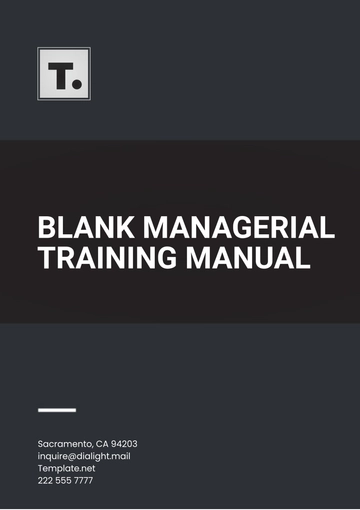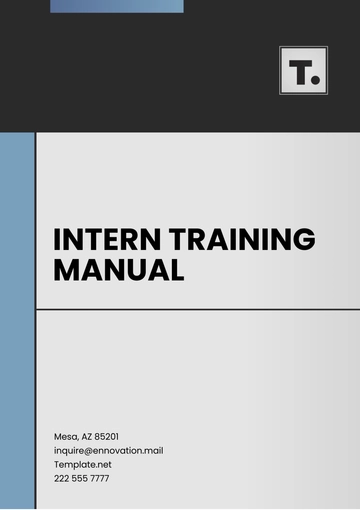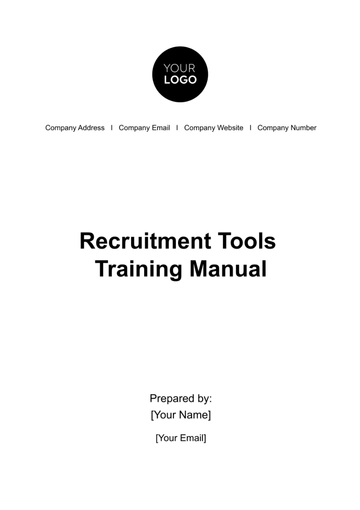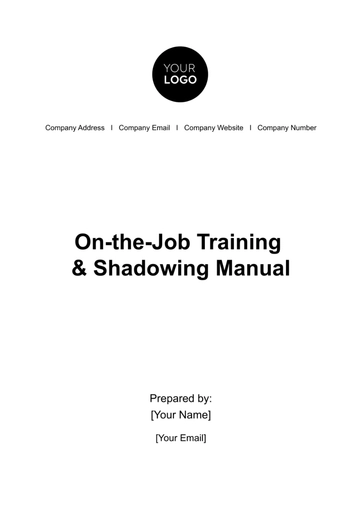Free Nursing Home Legal Compliance Training Manual
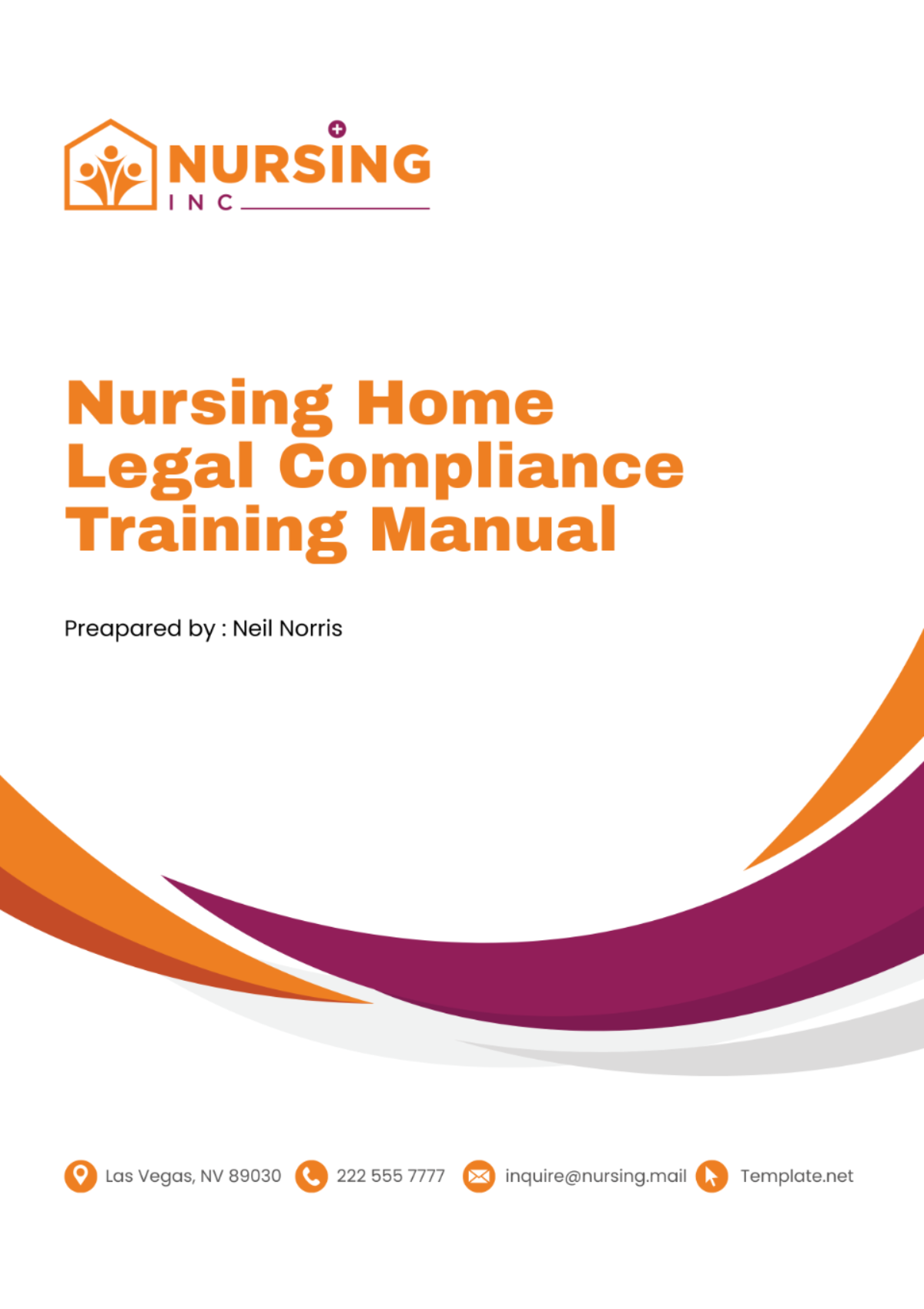
I. Introduction
Welcome to the [Your Company Name] Nursing Home Legal Compliance Training Manual. This manual serves as a comprehensive guide to ensure that all staff members are knowledgeable about the legal requirements and regulations governing our nursing home facility. By understanding and adhering to these laws and standards, we uphold our commitment to providing high-quality care and ensuring the safety and well-being of our residents.
II. Federal and State Regulations
Our nursing home facility is subject to a comprehensive set of federal and state regulations that govern various aspects of our operation. Compliance with these regulations is essential to ensure the safety, well-being, and rights of our residents. Below are some key federal and state regulations that staff members must be familiar with:
A. Federal Regulations:
Health Insurance Portability and Accountability Act (HIPAA): HIPAA establishes standards for the protection of individuals' health information, known as Protected Health Information (PHI). Staff members must adhere to HIPAA regulations to ensure the privacy and security of residents' health information, including maintaining confidentiality and securing electronic PHI.
Centers for Medicare & Medicaid Services (CMS) Regulations: CMS sets forth regulations for participation in the Medicare and Medicaid programs, which provide funding for nursing home services. These regulations cover a wide range of areas, including quality of care, resident rights, and facility administration. Compliance with CMS regulations is essential to maintain eligibility for Medicare and Medicaid reimbursement.
Americans with Disabilities Act (ADA): The ADA prohibits discrimination on the basis of disability and requires nursing homes to provide reasonable accommodations to individuals with disabilities to ensure equal access to services and facilities. Staff members must be familiar with ADA requirements to ensure compliance and provide appropriate support to residents with disabilities.
Occupational Safety and Health Administration (OSHA) Regulations: OSHA establishes standards for workplace safety to protect employees from hazards and ensure a safe working environment. Staff members must comply with OSHA regulations, which may include requirements for hazard communication, bloodborne pathogens exposure control, and workplace violence prevention.
Emergency Preparedness Requirements: Nursing homes are required to have emergency preparedness plans in place to ensure the safety and well-being of residents during emergencies such as natural disasters, fires, or infectious disease outbreaks. Staff members should be trained in emergency procedures and protocols to effectively respond to emergency situations.
B. State Regulations:
Licensing and Certification Requirements: Each state has its own licensing and certification requirements for nursing home facilities, which may include standards for staffing, physical environment, resident care, and administrative policies. Staff members must be aware of state-specific regulations and ensure compliance with licensing and certification requirements.
State Medicaid Regulations: In addition to federal Medicaid regulations, states may have their own Medicaid regulations that govern reimbursement rates, eligibility criteria, and covered services for nursing home care. Staff members must understand state-specific Medicaid regulations to ensure proper billing and reimbursement practices.
Quality Assurance and Performance Improvement (QAPI) Requirements: Many states have QAPI requirements that require nursing homes to implement quality assurance and performance improvement programs to monitor and improve the quality of care provided to residents. Staff members should participate in QAPI initiatives to identify areas for improvement and implement evidence-based practices to enhance resident outcomes.
Resident Rights Regulations: State regulations may establish additional protections for resident rights beyond those required by federal law. Staff members must be familiar with state-specific resident rights regulations and ensure that residents' rights are respected and upheld in accordance with state law.
Infection Control and Disease Prevention Regulations: States may have regulations governing infection control and disease prevention practices in nursing homes to prevent the spread of infectious diseases among residents and staff members. Staff members must adhere to state-specific infection control regulations to minimize the risk of healthcare-associated infections and protect resident health.
By understanding and adhering to these federal and state regulations, staff members contribute to our commitment to providing high-quality, compliant care to our residents. Compliance with regulatory requirements is essential to maintain the trust of residents, families, and regulatory authorities and ensure the continued success and sustainability of our nursing home facility.
III. Resident Rights
Resident rights are fundamental to maintaining the dignity, autonomy, and well-being of individuals living in our nursing facility. Here are 15 resident rights commonly recognized at [Your Company Name]:
Right to Dignity and Respect: Residents have the right to be treated with dignity, respect, and consideration for their individuality and preferences.
Right to Privacy: Residents have the right to privacy in their personal matters, including medical care, personal hygiene, and communication with others.
Right to Quality of Life: Residents have the right to a comfortable and homelike environment that promotes their physical, mental, and emotional well-being.
Right to Self-Determination: Residents have the right to make decisions about their own care, treatment, and daily activities, to the extent possible.
Right to Freedom from Abuse and Neglect: Residents have the right to be free from physical, verbal, emotional, sexual, and financial abuse, as well as neglect and exploitation.
Right to Communication: Residents have the right to communicate freely and privately with individuals of their choice, including family members, friends, healthcare providers, and advocacy organizations.
Right to Visitation: Residents have the right to receive visitors of their choice at reasonable times, subject to any necessary restrictions for safety or health reasons.
Right to Access to Information: Residents have the right to access information about their own care, treatment, and medical records, as well as information about facility policies and procedures.
Right to Religious Freedom: Residents have the right to practice their religion and engage in religious activities, including attending religious services and receiving visits from clergy or spiritual advisors.
Right to Participation in Care Planning: Residents have the right to participate in the development and implementation of their care plans, including discussing goals, preferences, and concerns with healthcare providers.
Right to Complaint and Grievance Resolution: Residents have the right to voice complaints and grievances about their care, treatment, or living conditions, and to have those complaints addressed promptly and fairly by the facility.
Right to Freedom of Choice: Residents have the right to make choices about their daily routines, activities, meals, and healthcare providers, to the extent possible within the constraints of their care needs and facility policies.
Right to Freedom of Movement: Residents have the right to move freely within the facility and to leave the facility for medical appointments, social outings, or other reasons, as long as it is safe and appropriate to do so.
Right to Personal Belongings: Residents have the right to keep and use personal belongings, such as clothing, personal care items, and mementos, in their living space, unless contraindicated for health or safety reasons.
Right to End-of-Life Care and Decision-Making: Residents have the right to receive compassionate and appropriate end-of-life care, including palliative and hospice care, and to make decisions about their care preferences and advance directives at the end of life.
These rights are essential for promoting autonomy, dignity, and quality of life for residents in nursing home facilities. Staff members have a responsibility to uphold and respect these rights in all aspects of care delivery.
IV. Documentation and Recordkeeping
Effective documentation and recordkeeping are crucial at [Your Company Name] to ensure the provision of high-quality care, maintain accountability, and comply with regulatory requirements. Here are five essential aspects of documentation and recordkeeping we implement:
Medical Assessments and Treatment Plans: Nursing home staff must accurately document residents' medical assessments, including physical examinations, diagnostic tests, and evaluations by healthcare providers. This documentation should also include comprehensive treatment plans outlining the interventions, medications, therapies, and other interventions prescribed to address residents' health conditions and promote their well-being.
Medication Administration Records (MARs): Accurate and timely documentation of medication administration is essential to ensure residents receive their prescribed medications safely and effectively. Staff members must record each medication administered, including the medication name, dosage, route, date, time, and the staff member administering the medication. Any deviations from the prescribed medication regimen or incidents related to medication administration should also be documented.
Changes in Residents' Conditions: Nursing home staff must document any changes in residents' health status, including new symptoms, changes in vital signs, injuries, falls, or other incidents that may impact residents' well-being. This documentation helps to track residents' health status over time, identify trends or patterns, and facilitate communication among healthcare providers.
Incident Reports: In the event of an accident, injury, or adverse event involving a resident, staff members must complete an incident report documenting the details of the incident, including the date, time, location, individuals involved, description of the incident, and any actions taken. Incident reports help to investigate the circumstances surrounding the incident, identify contributing factors, implement corrective measures, and prevent future occurrences.
Communication Logs and Resident Notes: Nursing home staff should maintain comprehensive communication logs and resident notes to document interactions with residents, family members, healthcare providers, and other staff members. This documentation may include notes on care provided, changes in residents' preferences or needs, discussions about care plans or treatment options, and any significant events or concerns raised by residents or family members. Communication logs and resident notes support continuity of care, facilitate interdisciplinary communication, and promote person-centered care.
V. Safety and Infection Control
Safety and infection control are paramount in nursing home facilities to protect the health and well-being of residents and staff members. Here are four key components of safety and infection control at [Your Company Name]:
Hand Hygiene Protocols:
Hand hygiene is one of the most effective measures for preventing the spread of infections in nursing homes. Staff members must adhere to strict hand hygiene protocols, including:
Washing hands with soap and water for at least 20 seconds before and after providing resident care, handling medications, or touching surfaces that may be contaminated.
Using alcohol-based hand sanitizers with at least 60% alcohol content when soap and water are not readily available.
Ensuring proper hand hygiene techniques, including covering all surfaces of the hands, fingers, and wrists.
Environmental Cleaning and Disinfection:
Regular cleaning and disinfection of environmental surfaces are essential to reduce the transmission of infections within nursing home facilities. Staff members should:
Follow established cleaning protocols to disinfect frequently-touched surfaces, such as doorknobs, handrails, bedside tables, and medical equipment.
Use EPA-approved disinfectants and follow manufacturer instructions for dilution, contact time, and application methods.
Pay special attention to high-risk areas, such as resident rooms, bathrooms, dining areas, and common areas, to maintain a clean and sanitary environment.
Personal Protective Equipment (PPE) Usage:
Proper use of personal protective equipment (PPE) is essential to protect staff members and residents from exposure to infectious agents. Staff members should:
Wear appropriate PPE, including gloves, gowns, masks, and eye protection, when providing resident care, performing tasks with potential exposure to bodily fluids, or interacting with residents suspected or confirmed to have contagious illnesses.
Follow established protocols for donning and doffing PPE to minimize the risk of contamination.
Ensure that PPE is readily available, properly fitted, and in good condition to provide adequate protection.
Prevention of Healthcare-Associated Infections (HAIs):
Nursing home staff must implement measures to prevent healthcare-associated infections (HAIs) and minimize the risk of infectious outbreaks. This includes:
Implementing infection control practices based on evidence-based guidelines and recommendations from regulatory agencies and professional organizations.
Monitoring residents for signs and symptoms of infections, such as fever, cough, or changes in mental status, and implementing appropriate infection control measures as needed.
Educating residents, family members, and staff members about the importance of infection prevention measures, such as respiratory hygiene, vaccination, and proper disposal of contaminated materials.
VI. Abuse and Neglect Prevention
Preventing abuse and neglect is critical to safeguarding the well-being and dignity of residents at [Your Company Name]. Here's a guide to abuse and neglect prevention in our nursing home:
Staff Training and Education:
All staff members should undergo comprehensive training on recognizing, preventing, and reporting abuse and neglect.
Training should cover types of abuse and neglect, warning signs, appropriate communication techniques with residents, and reporting procedures.
Regular refresher courses and ongoing education sessions should be conducted to reinforce staff knowledge and skills.
Establish Clear Policies and Procedures:
Nursing homes should have clear and comprehensive policies and procedures in place regarding abuse and neglect prevention.
Policies should outline expectations for staff behavior, resident rights, reporting mechanisms, and consequences for violations.
Procedures should include protocols for investigating allegations of abuse or neglect, protecting residents from further harm, and involving appropriate authorities.
Promote Resident Empowerment:
Encourage residents to assert their rights and speak up if they experience or witness any form of abuse or neglect.
Provide avenues for residents to voice concerns or complaints confidentially, such as through suggestion boxes or meetings with ombudsmen.
Respect residents' autonomy and preferences in decision-making to reduce the risk of coercion or manipulation.
Implement Resident Monitoring Systems:
Implement monitoring systems, such as video surveillance or electronic monitoring devices, in common areas to deter abusive behavior and provide evidence in case of incidents.
Regularly check on residents and conduct wellness checks to ensure their safety and well-being.
Encourage residents to maintain regular communication with family members or trusted individuals who can help detect signs of abuse or neglect.
Promote a Culture of Accountability and Transparency:
Foster a culture of accountability among staff members by emphasizing the importance of ethical conduct and adherence to policies and procedures.
Encourage open communication and transparency regarding incidents of abuse or neglect, including reporting, investigation outcomes, and corrective actions taken.
Hold staff members accountable for their actions and ensure that appropriate disciplinary measures are taken for any violations of abuse and neglect policies.
Collaborate with External Agencies:
Establish partnerships with external agencies, such as adult protective services, law enforcement, and regulatory authorities, to address abuse and neglect concerns effectively.
Report all suspected cases of abuse or neglect to the appropriate authorities promptly and cooperate fully with investigations.
Provide Supportive Services for Residents:
Offer counseling, support groups, or mental health services for residents who have experienced abuse or neglect to help them cope with trauma and regain a sense of safety and security.
Ensure access to medical care, legal assistance, and advocacy services for residents who require additional support or intervention.
VII. Quality of Care
Our nursing home is committed to providing high-quality care to all residents. Staff members play a crucial role in maintaining quality of care by:
Following evidence-based practices
Continuously monitoring residents' health and well-being
Participating in ongoing training and education
Collaborating with interdisciplinary teams to develop and implement care plans
By prioritizing quality of care, we ensure that residents receive the support and assistance they need to thrive in our facility.
VIII. Ethics and Professional Conduct
Ethical conduct is fundamental to the practice of healthcare. Staff members must adhere to ethical principles and codes of conduct that promote professionalism, integrity, and respect for residents' rights and autonomy. Key principles include:
Beneficence: Acting in the best interest of residents
Non-maleficence: Avoiding harm to residents
Justice: Treating all residents fairly and equitably
Respect for autonomy: Respecting residents' right to make their own decisions about their care
Maintaining ethical conduct is essential to earning and maintaining the trust of residents and their families.
IX. Conclusion
In conclusion, adherence to legal requirements and regulations is essential for ensuring the safety, well-being, and rights of residents in our nursing home facility. By familiarizing yourself with the content of this training manual and incorporating its principles into your daily practice, you contribute to our commitment to excellence in care. Thank you for your dedication to upholding the highest standards of professionalism and compliance.
- 100% Customizable, free editor
- Access 1 Million+ Templates, photo’s & graphics
- Download or share as a template
- Click and replace photos, graphics, text, backgrounds
- Resize, crop, AI write & more
- Access advanced editor
Ensure legal compliance among nursing home staff using our Nursing Home Legal Compliance Training Manual Template from Template.net. Editable in our AI Editor Tool, this easily customizable template provides a structured format for developing comprehensive training manuals covering legal regulations, policies, procedures, and ethical standards relevant to nursing home operations.
